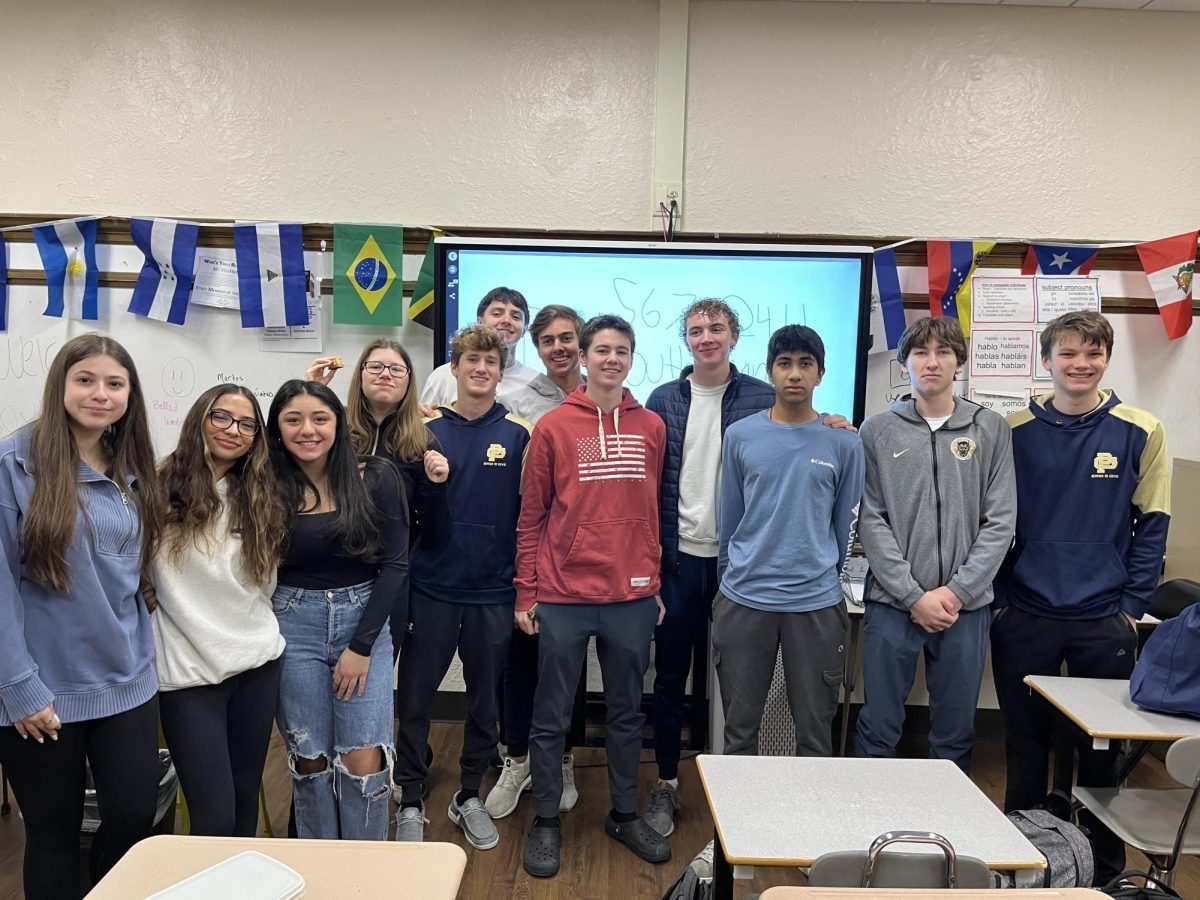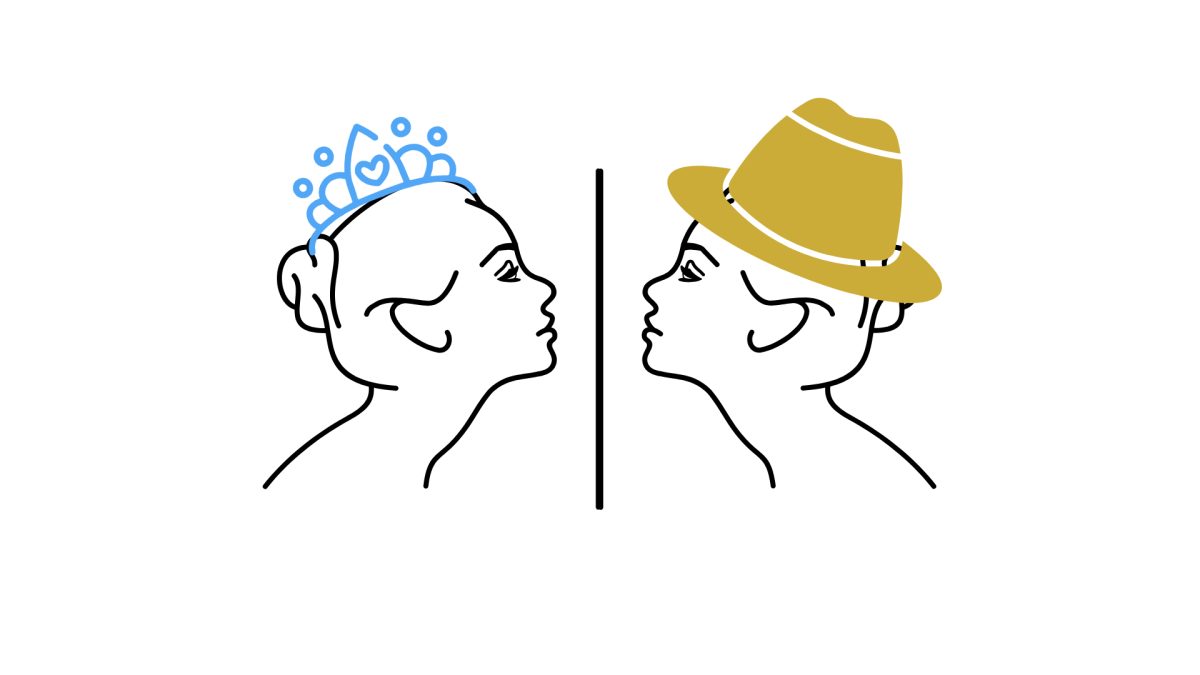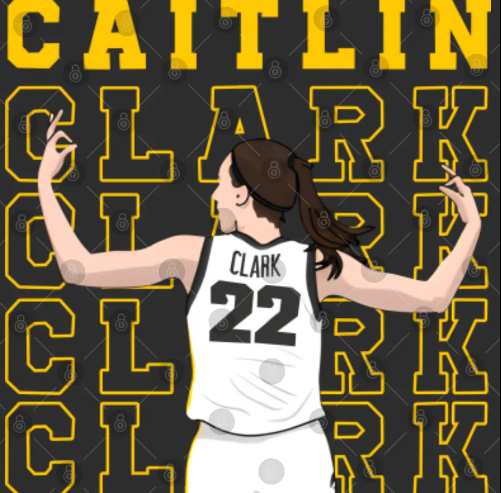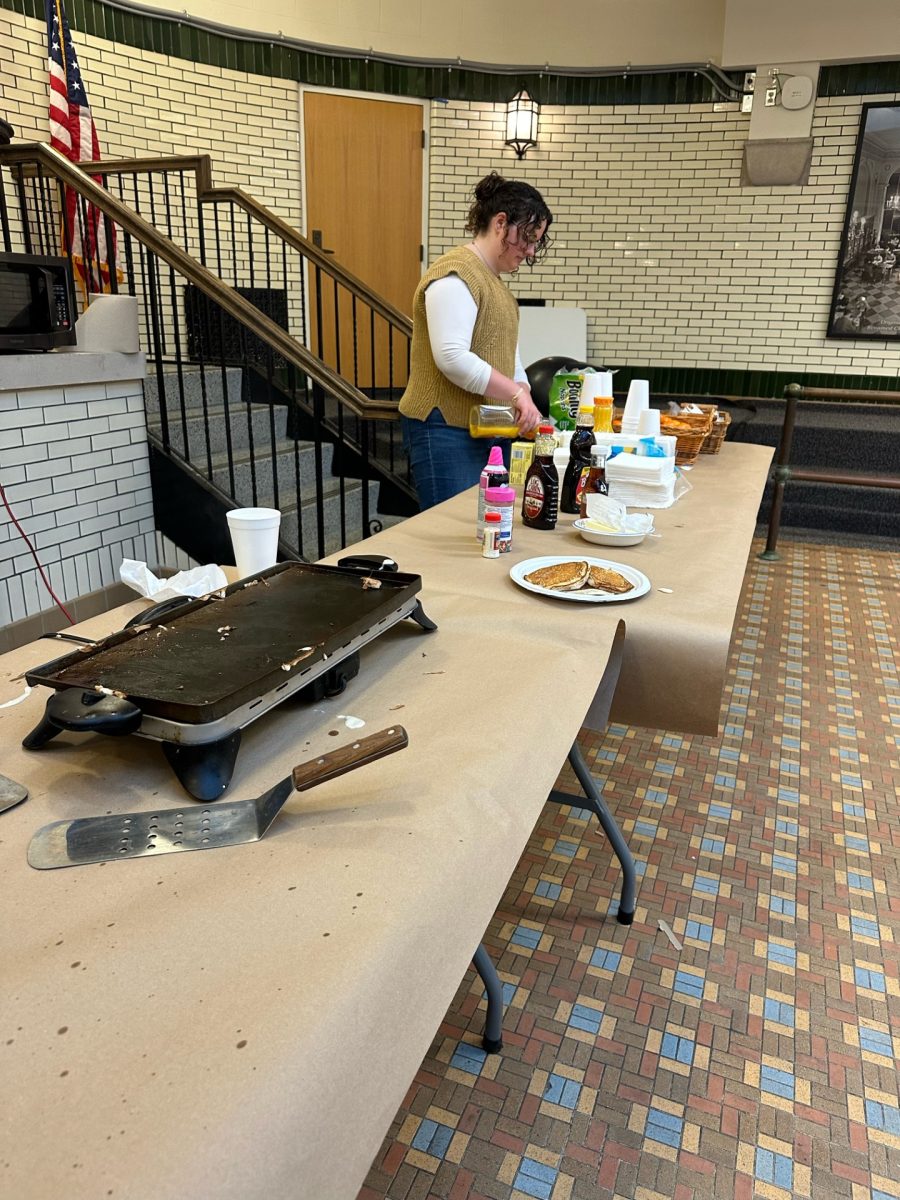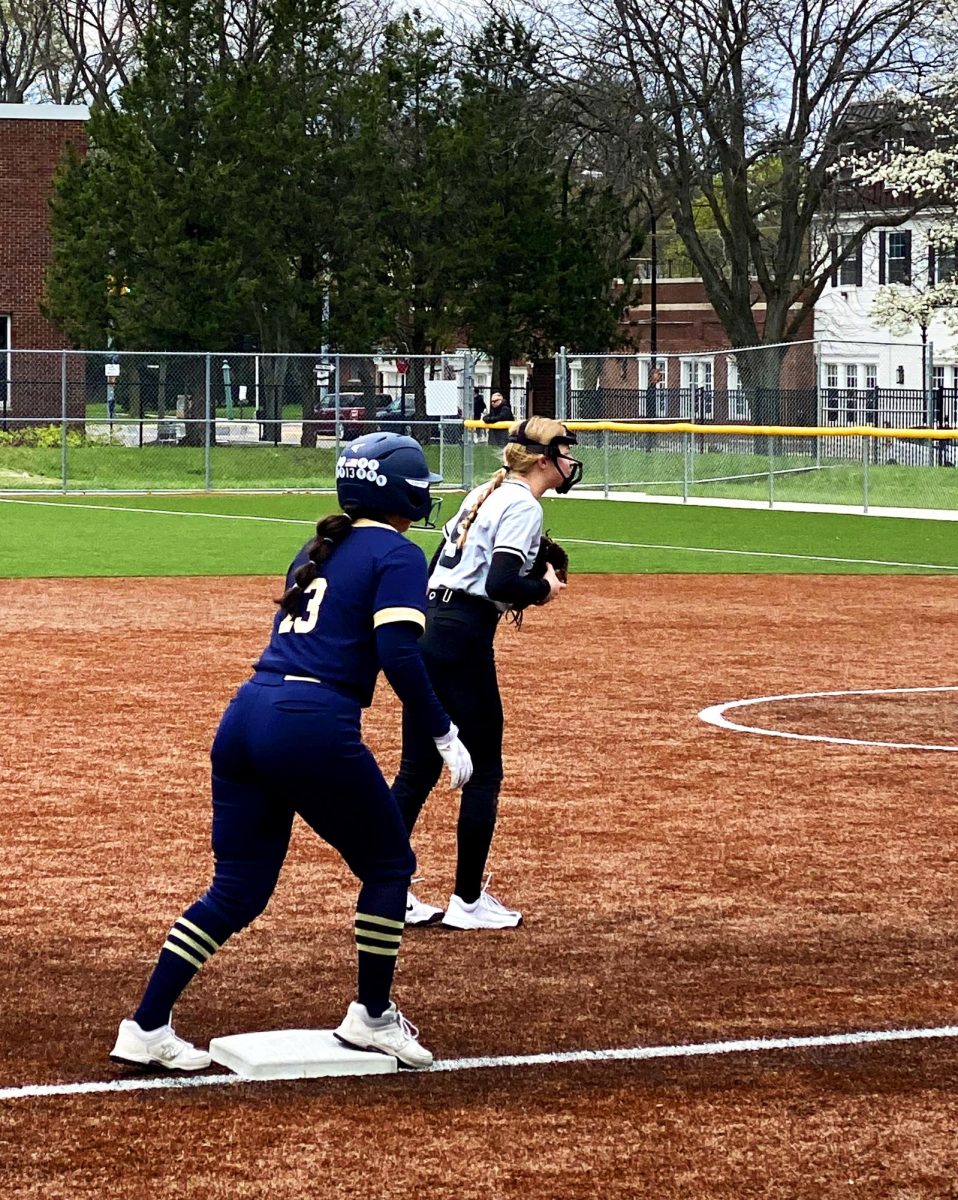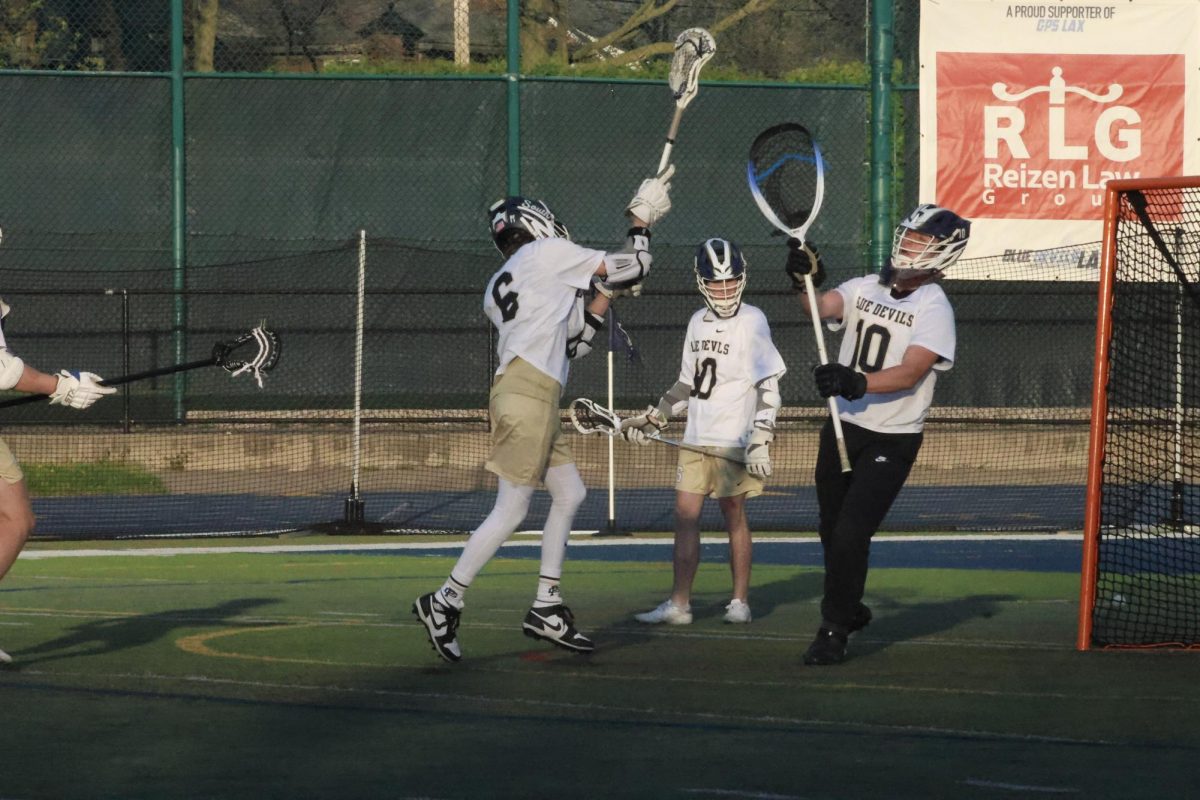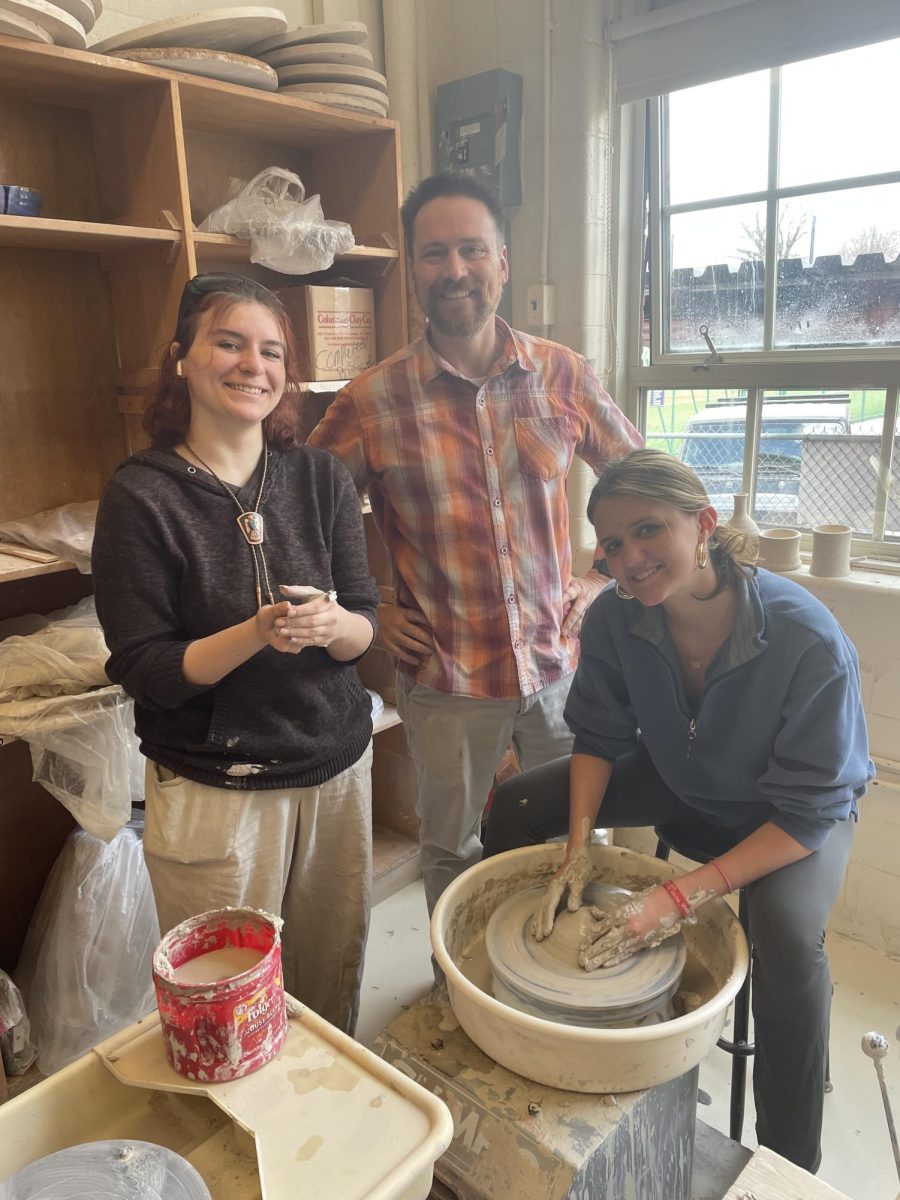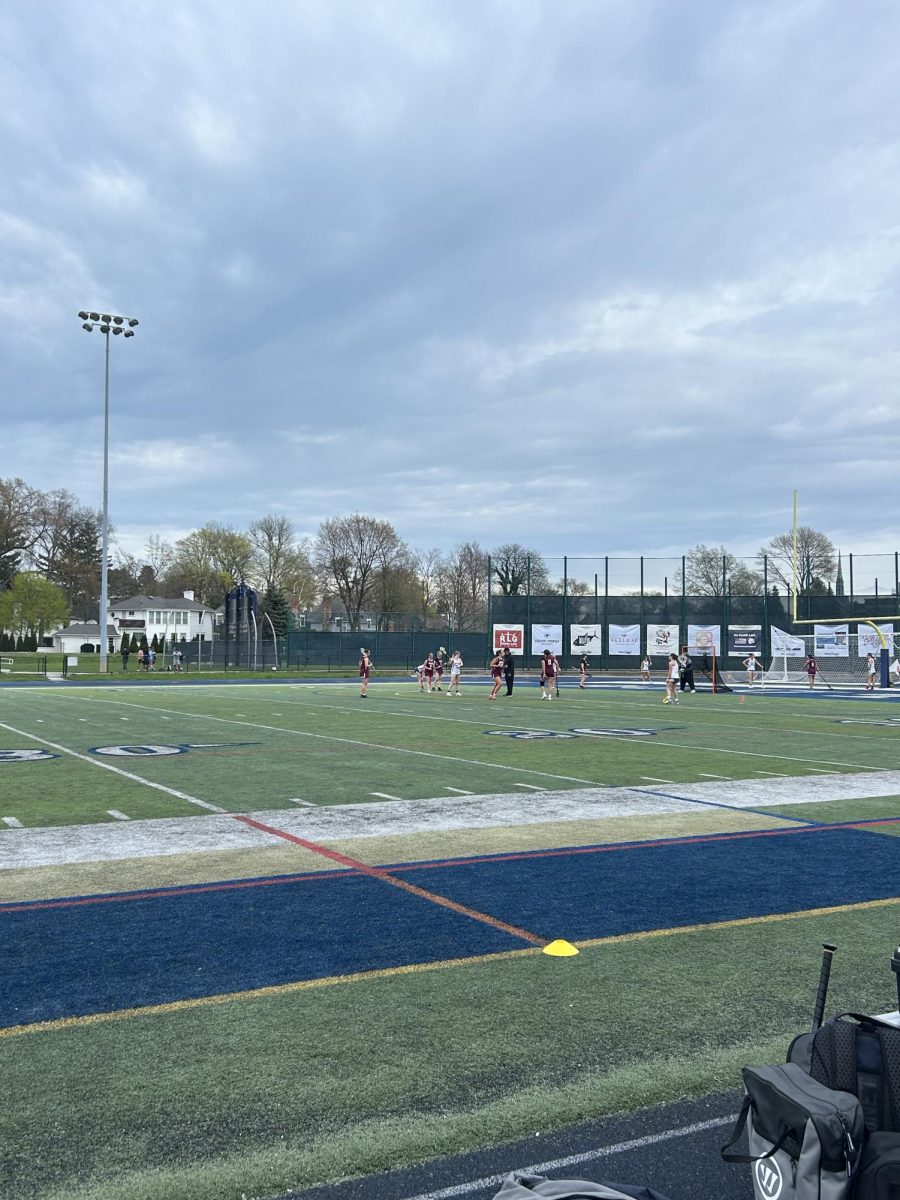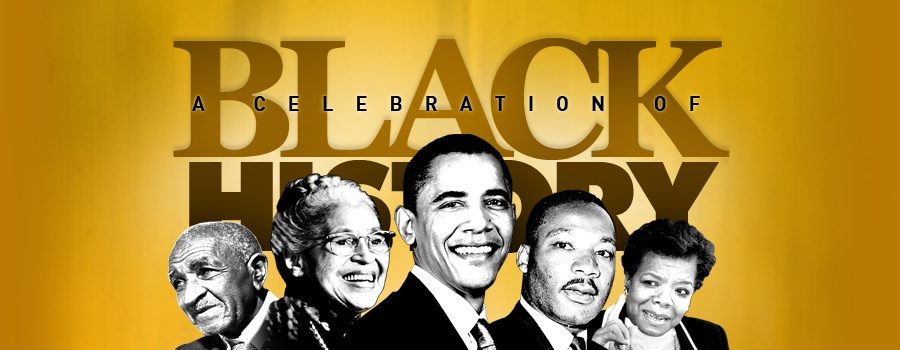By Zoe Jackson ’16 | Page Editor
A month-long celebration of Black history in the United States began on Feb. 1. Prior to this year, however, South has allowed the national month of recognition to go ignored. Based on a directive from Principal Moussa Hamka, this year that is changing. Hamka has asked every teacher to mention black history in their classrooms once a week during every week this month.
Due to mid-winter break, students are only in school for three weeks in February, so that would be three times, Hamka said. Teachers can do this in the form of a warm up, bell ringer, fun fact of the day or a lesson revolving around black history, Hamka said.
“To make this relevant, what I asked teachers to do was to connect it back to their curriculum,” Hamka said.
For example, art teachers could find a famous black artist and celebrate them. Music, choir and band could find a famous composer, he said.
“Acknowledge, celebrate, sing the song,” Hamka said. “In math, find a famous black mathematician.”
By making it relevant to the class curriculum, it is ensured that their is interest in the subject, and that their is no overlap in information.
“That’s my vision,” Hamka said.
Hamka said he was simply responding to students who wanted to see their culture and their history reflected in our everyday lives and be more accepted.
“Many students came up to me and expressed a disappointment that our school had not formally recognized Black History Month last year,” said Hamka. In particular, our black students felt that they were not celebrated publicly, and it led some to feel that they weren’t welcome. I assured them that was not the case.”
As a school, Hamka resolved to be more public and intentional with South’s efforts, to ensure a reflection of the diverse tapestry of our student body.”
South’s BASE (Black Association for Student Diversity) club was one of the main student groups to approach Hamka about this, he said.
“Mr. Hamka has been really helpful in making sure that all of our ideas are being heard, and he tries his best to grant each and every request,” said Miracle Bailey ‘16, president of BASE.
For each remaining week in February, BASE will be going on the announcements and talking about unknown African-Americans who have contributed to American society, Bailey said. At the end of the month, they will be attending a synopsis with other local BASE clubs at University of Detroit Jesuit to converse about their experience at their schools.
French teacher Amanda Moon said she thinks Hamka’s plan is a good one.
“I realized that it would take some planning and creativity to incorporate this into all of our classes, but I immediately began to have ideas, not just for myself, but how this could be accomplished in other disciplines as well,” Moon said.
Moon said her French students will be learning about the important roles that many francophone Africans played in literature, art and science. All classes are learning about France’s role in transatlantic slave trade to the French West Indies through reading, discussion and an interactive map of the region.
“We will be learning about the abolition of slavery in the colonies and how France acknowledges this period in their history today,” Moon said.
In January, Hamka worked with BASE to organize an announcement to celebrate Martin Luther King Day as a kickstart to February’s events.
The Grosse Pointe Historical Society notes that South was the site of one of Dr. Martin Luther King’s speeches in 1968, only three weeks before he was assassinated, Greg Bowens, president of Grosse Pointe’s chapter of the NAACP, said via e-mail..
“The Grosse Pointe community takes great pride in the fact that Martin Luther King spoke here,” Hamka said. “We have to tie that historic event into our current practices as well.”
“The students who attended the packed gym, braved walking through hundreds of protesters and the scorn of some in the community to welcome Dr. King and hear his message of peace, tolerance and justice for all,” Bowens said. “That kind of courage by South students should not be lost to history.”
However, not all teachers have participated in this event to the extent that students would have liked.
“Within the last 3-5 minutes of class, one teacher put up a PowerPoint and determined it ‘optional to read,’” Zaria Aikens ‘17 said. “The other put up at Kahoot, but no one logged in because there were only like two minutes left of class. So we did it as a whole, and he just had people who knew the answers shout them out.”
Granted, very few of them did, said Aikens.
“Every teacher was supposed to discuss Black History Month for only a few minutes, but only a few did,” Cassie Valice ’17 said. “I was appalled, because the teachers’ lack of discussion on Black History Month reflects how a majority does not think the topic is important or simply does not care.”
The lack of acknowledgement was upsetting, Aikens said.
“It’s not just ‘important’ for black history to be discussed in our community, but it’s necessary,” Aikens said.
Just imagine screaming at someone to notice you, but they won’t even give you the time of day. That’s what this is like, said Aikens.
“The one teacher of mine who did participate did a Kahoot quiz on how educated students were on the matter. Not one person in my class knew the year Black History Month started, who began the celebration or any other basic information about black history,” Valice said. “I am also to blame, for I did not know any of the information as well; but maybe that’s because no one taught it to me.”
So much of our black history could be incorporated into every single class, Aikens said.
“If the teachers would just buckle down and make it a priority, it really could be just that, a priority,” she said.
For Bailey, black history needs to be celebrated simply because it’s a part of American history.
“The United States of America, and the history of America has never existed without the presence of Black Americans. If we look back at the contributions of Black Americans to our country, they built the White House. The iconic symbol, and beacon of freedom,” Hamka said.
South students are diverse in their thinking and in their cultures and in their beliefs, Hamka said.
“How do we build the ideal utopia where every student feels that their culture, their personality, is reflected in the very fabric of our school? Is it come here and be like us or come here and be you? Do we meet students where they’re at, or do they have to conform? I just want our students to be happy, to be comfortable.”













